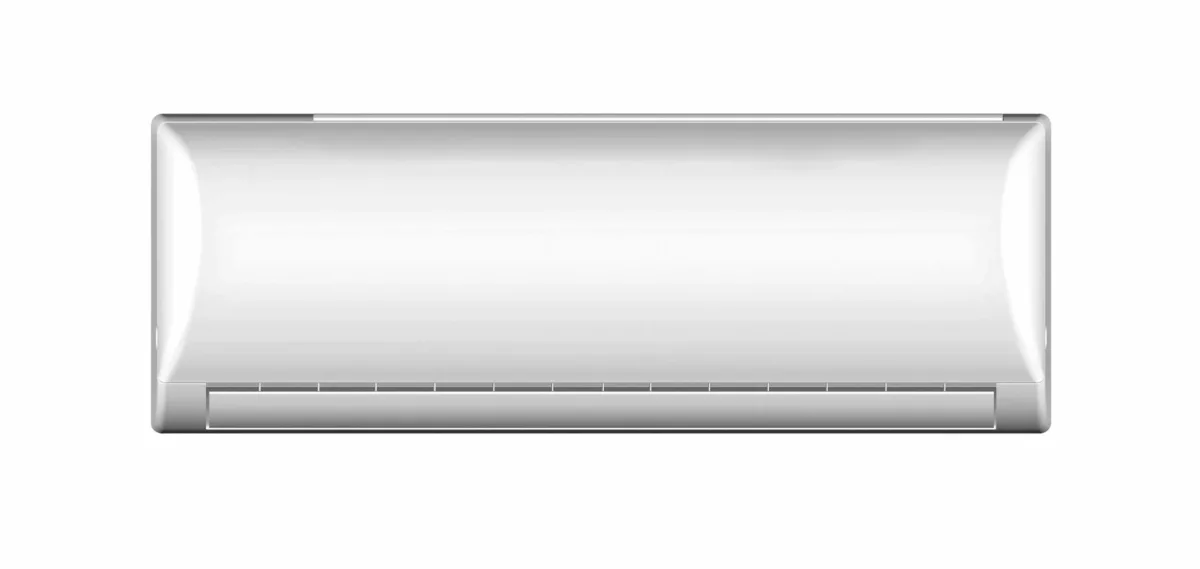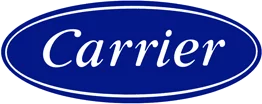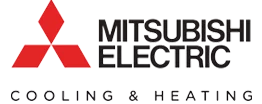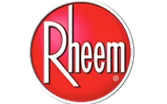Advantages and Disadvantages of Inverter Air Conditioner

It comes as no surprise that the markets today are flooded with products that are far advanced versions of what we used to have earlier. Technological changes have heralded an era of smart, energy efficient, and environment-friendly products. Until a few years back, there was just one type of air conditioner, the conventional one. Now, one hears of the inverter AC, which is a relatively new concept. To err on the side of safety is human nature. So, being skeptical about this new kind of air conditioner is nothing to be embarrassed about.
What is an inverter AC and is it really any good? What are the advantages and disadvantages of an inverter air conditioner? These are a few questions which we shall address today.
What Is Inverter System Technology In Air Conditioners?
Inverter system air conditioners are way ahead of the conventional air conditioners . They were developed to remove temperature fluctuations and electricity wastage. This enhanced technology makes use of adjustable speed to achieve full control over the compressor for optimum performance.
How Do Inverter AC Work?
Inverter AC’s reach the desired temperature swiftly and effectively by starting at full throttle. Once the ideal temperature is reached, the process is repetitively adjusted to retain a comfortable climate without any fluctuations.
To continuously control the temperature, an inverter is used to regulate the speed of the compressor motor. The drive alters the approaching AC current to DC current. After that, through a modulation in an electrical inverter, it produces the desired frequency current. An embedded microcontroller samples the ambient temperature repeatedly and regulates the speed of the compressor accordingly.
Advantages Of Inverter AC
The inverter AC has many benefits. But the most obvious reasons for its popularity are –
- Energy Efficient Operations – In the absence of the compressor constantly turning on and off, there is no power surge or fluctuations. Therefore, inverter air conditioners reduce power consumption by almost 40% annually. They allow maintenance of comfortable temperature even with less energy consumption. Even better is the fact that since it consumes less power, it is incredibly safe for home wiring.
- Cost-Effective – Since the power consumption in the running of inverter AC is low, the bills are also on the lower side. Its energy efficient operations translate to its cost-effectiveness and make your pockets happy.
- Rapid Cooling – Inverter AC is capable of running the compressor at high speed. As a result, it can cool a room faster. The compressor of a conventional AC runs at a fixed speed only, and hence, it takes more time to cool a room.
- Silent Operation – Compared to a traditional AC, the inverter air conditioner runs at low speed. The compressor is also comparatively silent. Therefore, it produces little to no noise inside the home. Its silent operations allow you a sound and comfortable sleep.
- Other Benefits – Lesser known, but equally important, benefits of inverter AC include its capability to run on solar panels, environment-friendly nature because of the use of good quality refrigerants and the fact that its high price is offset with the massive saving in electricity bills.
Disadvantages Of Inverter Air Conditioner
Everything is not rosy when it comes to inverter ACs.The key disadvantages of inverter AC include –
- Bad Insulation Increases Costs – Inverter AC is energy efficient only when the room is properly insulated. In case the insulation in the room is not up to the notch, the power consumption will be high, and as such, your electricity bill will also increase proportionately.
- Expensive Repair & Maintenance – The components that make an inverter AC are expensive. Therefore, its repair and maintenance is a costly service. You need to think about the cost involved in case of any issues, whether your pocket can afford it or not, before making the purchase decision.
- Increase Humidity – If the inverter AC is too powerful for your room, it will run frequent short cycles to maintain the desired room temperature. This will result in the room getting either too hot or too cold rapidly, but without effectively dehumidifying the air. What happens in such cases is that the room achieves the targeted temperature and yet maintains high humidity due to which it does not feel comfortable.
- Costly Purchase – Inverter AC is a new concept. The technology involved is also relatively new. The demand for these air conditioners is still not high in the market. To top it all, it is priced high because of its expensive components. Inverter AC is not a pocket-friendly solution for families who budget their expenses.
Is It Worth Buying An Inverter AC?
Inverter AC is an expensive piece of machinery whose support services are also on the higher side. Compared to the price of a normal AC, the difference is too high.
However, if you think in terms of long term investment this difference is set off in the form of low energy bills. The time that it takes to balance the price difference between these two types of air conditioners is usually two years. So, it is more a question you need to ask yourself – “Can I afford to buy costly equipment today which will actually break even after two years”? If your answer is a resounding “Yes” you can go ahead with the purchase. However, if you answer “No” a conventional AC will also serve the purpose beautifully.
The pros and cons of inverter AC make the choice extremely difficult. Additionally, the expense involved in its upkeep also does not work in its favor. But the fact remains undisputed that they are the most efficient in all other aspects. Be it energy consumption, electricity bills, or efficiency of operations; inverter air conditioners will be hard pressed to ignore. Only time will tell how popular they actually become with the masses.
Until then, it is best to withhold any judgment, but we urge you to know how the air conditioning works and think deeply about the advantages and disadvantages of inverter air conditioners before making any final decision.
Frequently Asked Questions
Inverter ACs are incredible systems. However, they have two main drawbacks. These are:
1. Due to its unique features, an inverter AC is costlier than a window or split AC.
2. The repair cost of inverter ACs is higher than that of regular ACs.
In terms of energy savings, an inverter AC is always the best option. In these systems, the compressor runs at a lower speed when necessary but does not switch off completely until the unit is switched off. Conversely, in non-inverter ACs, the compressor starts and stops frequently, leading to higher power consumption.
In terms of price, a non-inverter AC is a better choice because it costs less than an inverter AC. So to say which is better depends on what is important to you – savings now or savings in the long run.
Inverter ACs are best for homes as they deliver efficient cooling and make for tremendous power savings in the long run. If you find inverter ACs too costly, you can also opt for a mini-split system.
The key difference between an AC and an inverter AC lies in the remarkable quality of the compressor. In an inverter AC, the compressor guides the motor speed to regulate the indoor temperature. The inverter AC lowers the compressor motor speed when the room achieves the desired temperature. This saves energy and the refrigerant needed to cool the space.












